See images from a new book documenting the ecological and social results of overpopulation and overconsumption throughout the world.


See images from a new book documenting the ecological and social results of overpopulation and overconsumption throughout the world.

What happens to the stuff you no longer need? In this interview, author Edward Humes describes the huge amount of trash created in the United States and explains where it goes when we throw it away.

See eye-opening graphs of the many ways consumer spending shifted in response to COVID-19.
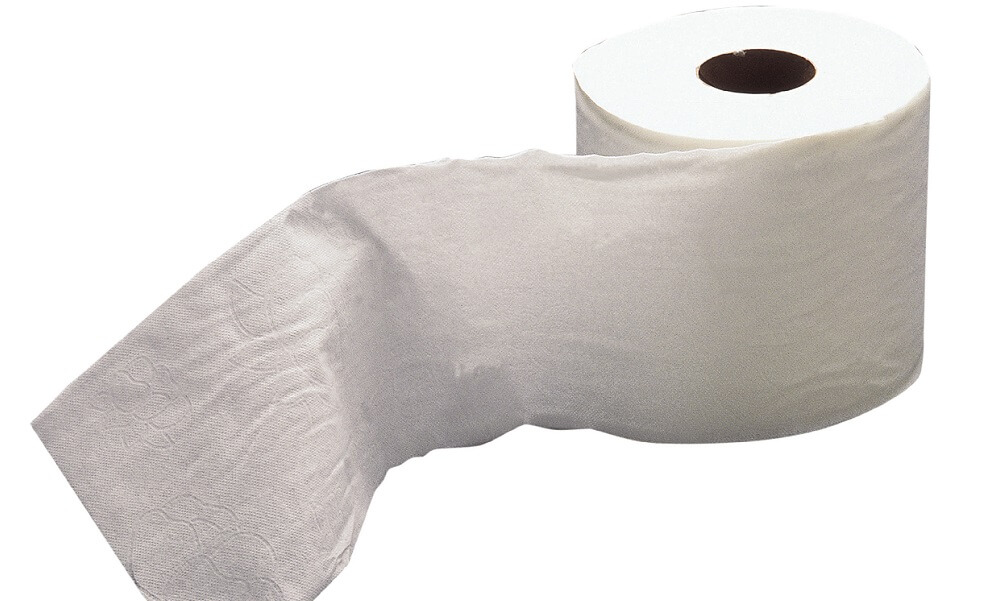
Grocery shopping during a pandemic is already a strange experience involving sanitizing carts and maintaining social distance. But why does it also include whole aisles of empty shelves where toilet paper should be?

Studies have shown how materialism, loneliness, and even smell affect how consumers spend money. As you read this article, think about your own decision-making when it comes to shopping.

Normally, an inventor strives to create products that fill a need and solve a problem. Matty Benedetto does the opposite. Watch a video showing his delightfully useless creations.

Did you know that a major cell phone manufacturer used to make rubber boots? Or that a well-known gasoline company used to sell seashells? Check out this slideshow to see how some companies have transformed themselves.

Culture can help people to learn to share freely. Listen to this report comparing people in modern economies like those of the United States to hunter-gatherers.

Where does your money typically go? Compare your spending habits with the national breakdowns featured in this report.

With the rise of online shopping, the number of people taking trips to physical shopping malls has declined. Shopping malls may not be dead yet, but their future is uncertain.
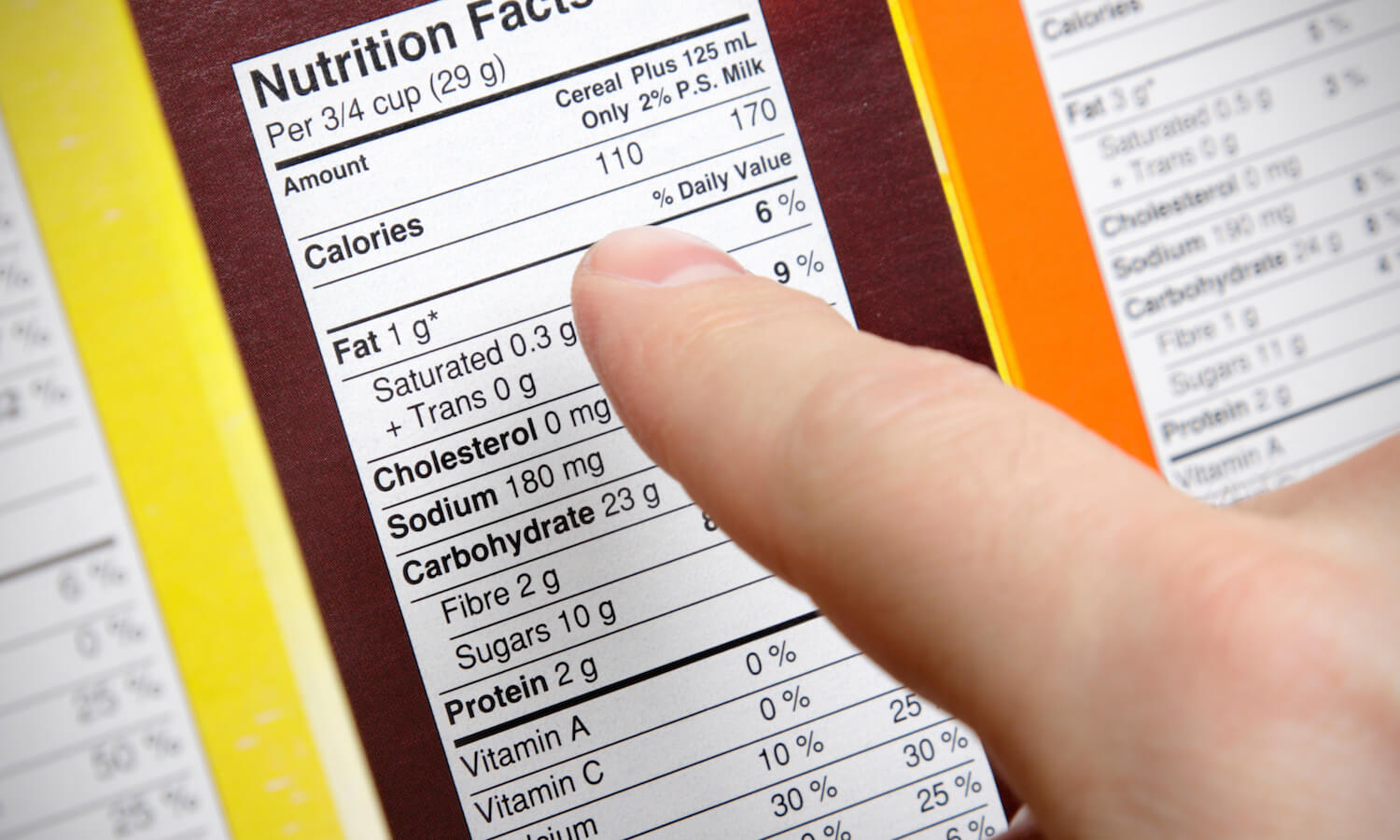
A growing number of consumers are conscious of their toll on the environment. A helpful tool in reducing carbon footprints could be “climate labeling.” Read about this interesting proposal.
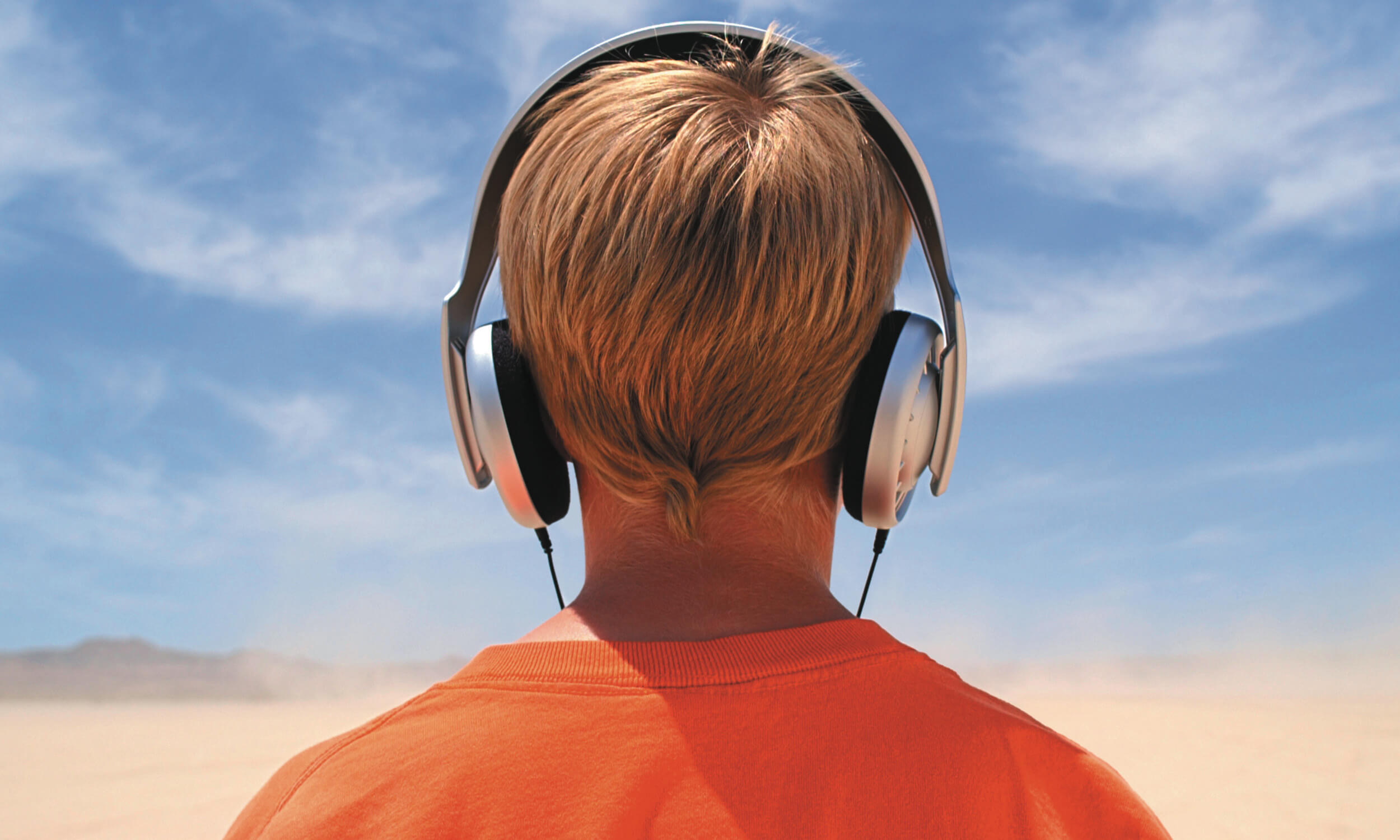
With the rise of music streaming, the music industry now produces less plastic waste than before. However, streaming music has its unintended consequences.

With more and more Americans worried about their weight, clothing makers are making shifts in sizing to make customers feel better about themselves. Read this article to learn more about “vanity sizing.”

Would you have trouble parting with your favorite things? A hoarder is a person who collects items and can’t discard any of them. Often, the homes of hoarders are completely full, with only enough room left to walk from room to room. A new study using brain scans helps shed light on why people behave this way.
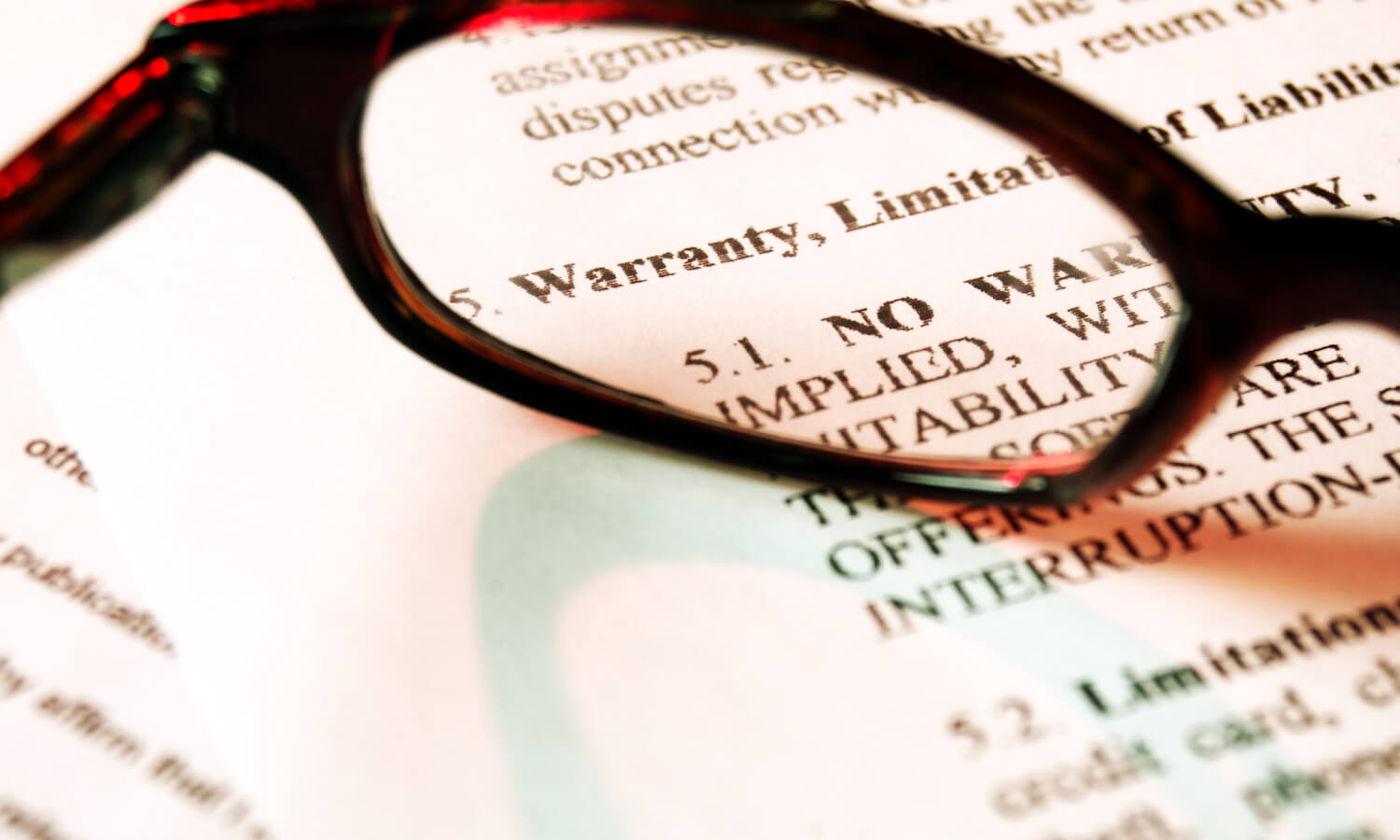
Do you want to win $10,000? Do you want to keep your immortal soul? This article details how companies sneak clauses into their terms and conditions knowing people do not read the fine print of their documents.

Why do Americans distrust robots? Do we have anything to fear? Read information from both sides of the debate.
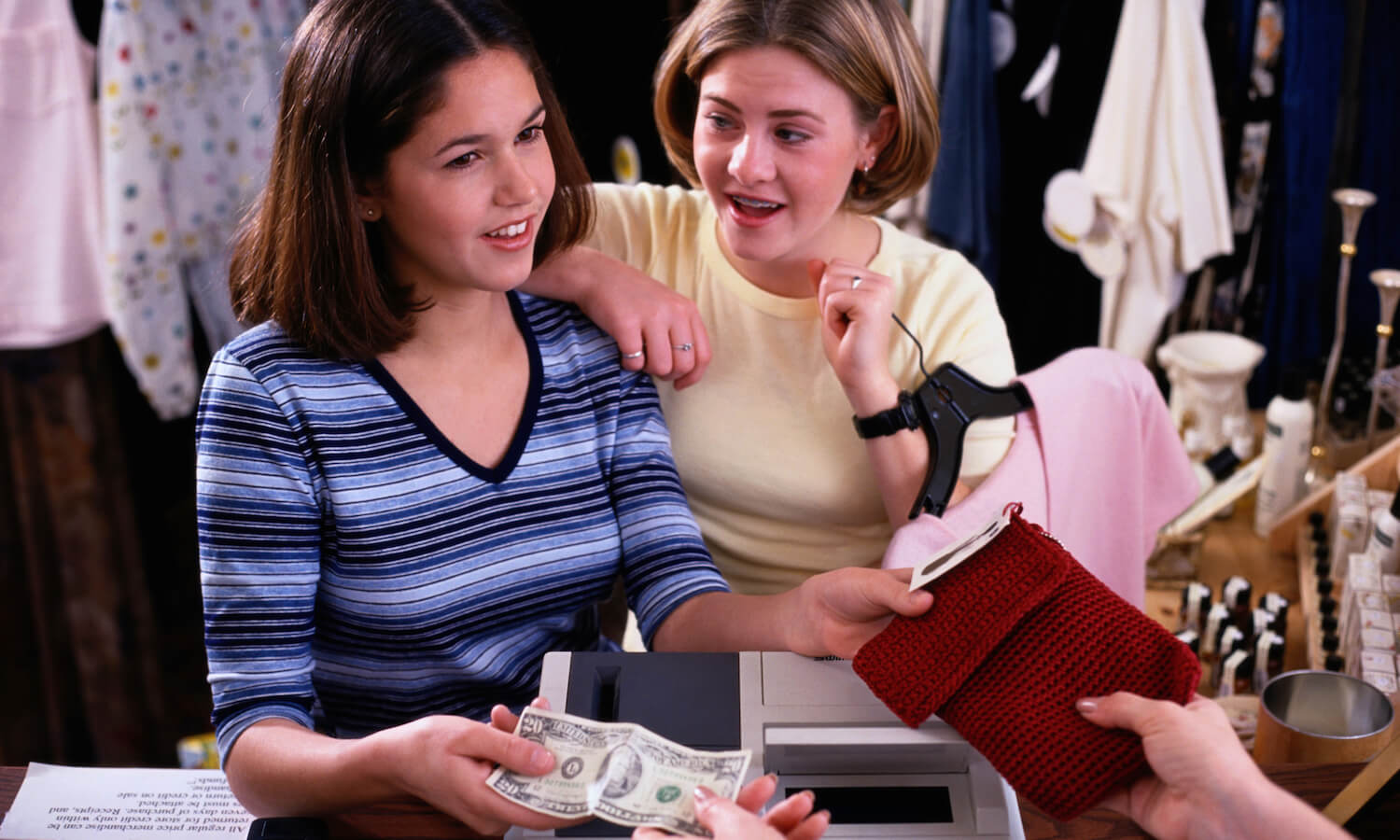
Interested in retiring by age 30? Check out these helpful tips to managing your money.
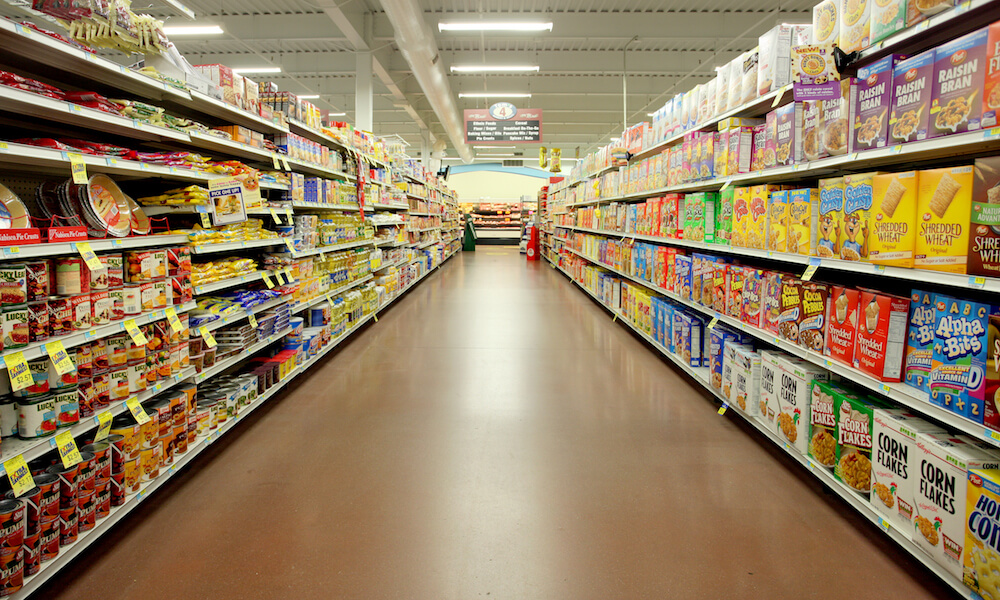
Many factors influence what Americans eat. Look at the infographic about food deserts to learn about one of these factors.
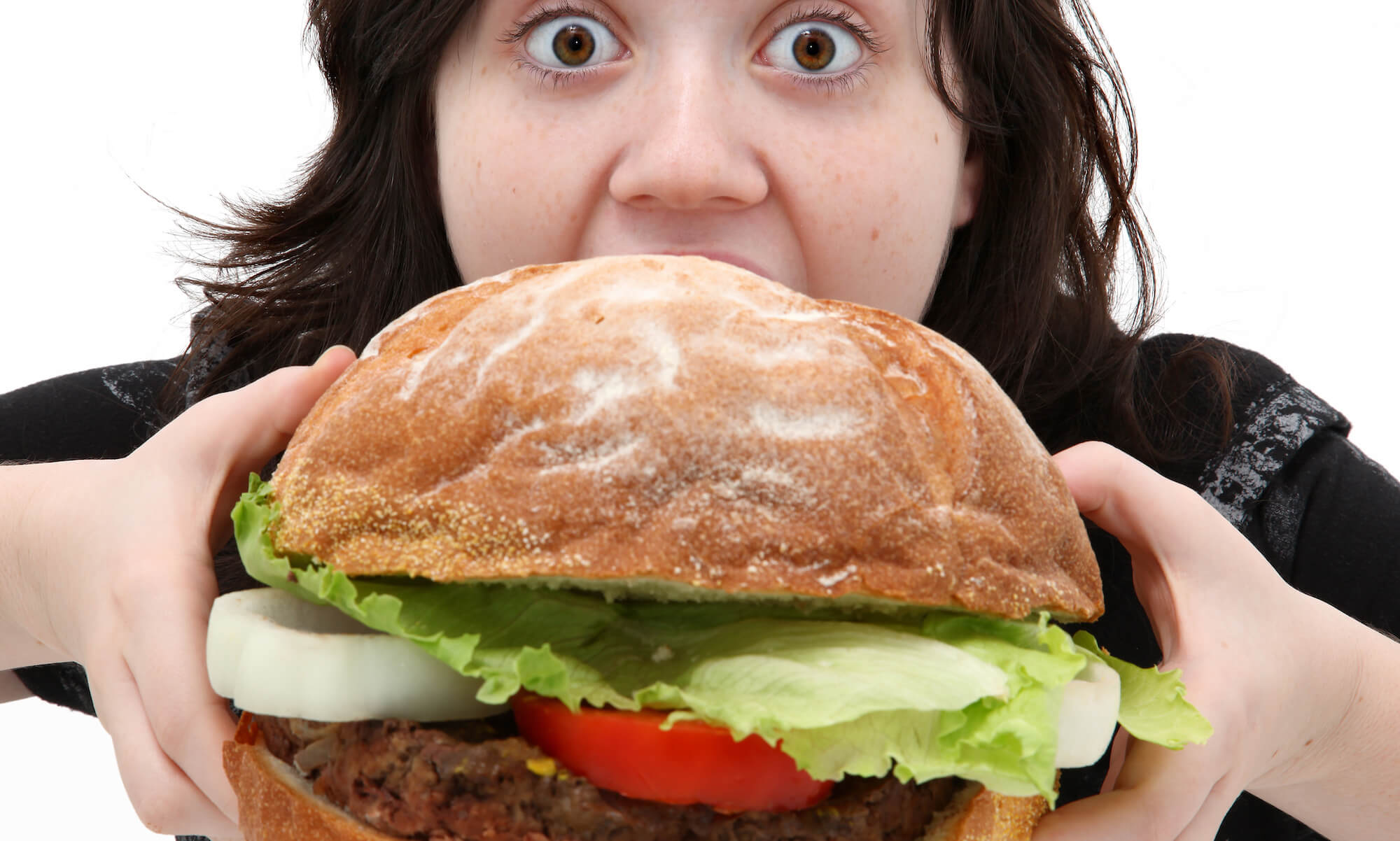
Read about companies trying to make food sustainable for us and our environment.

Think about the time you spend each day looking at TV. How much is too much? Do you think that what you watch could lead to poor eating habits one day? Read an article that makes recommendations for media exposure.